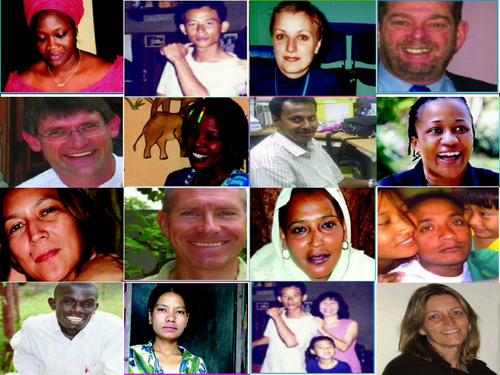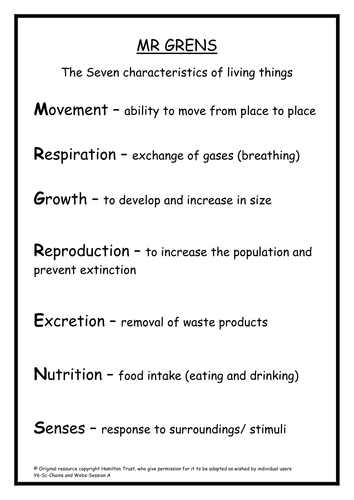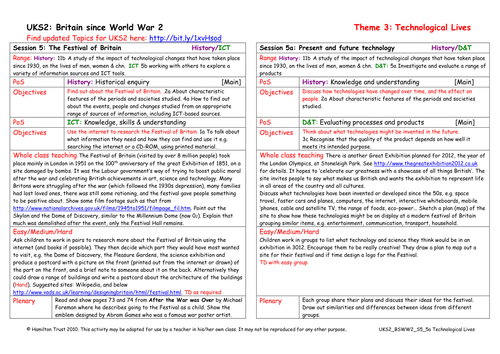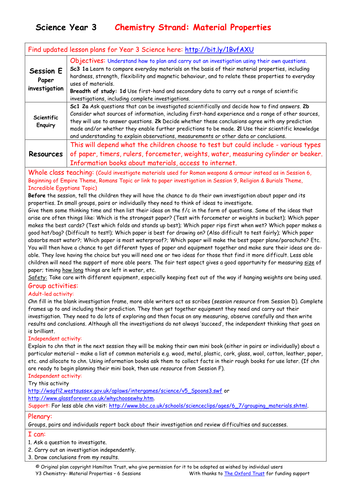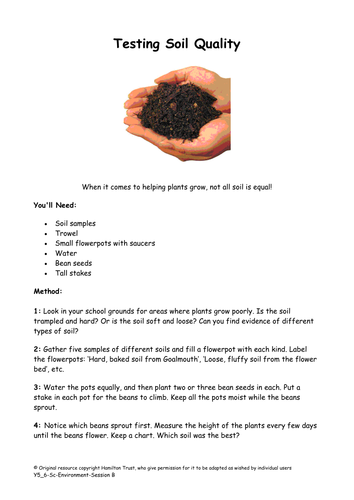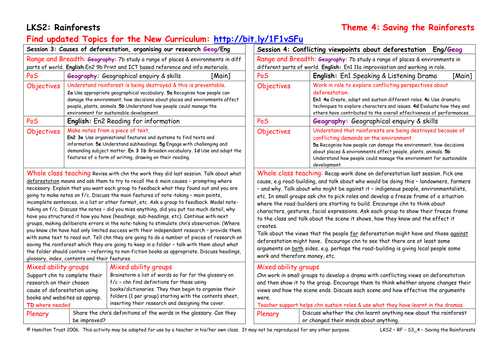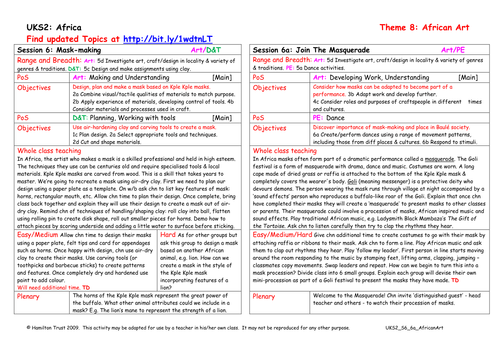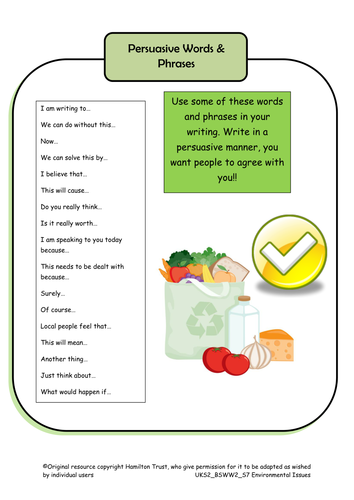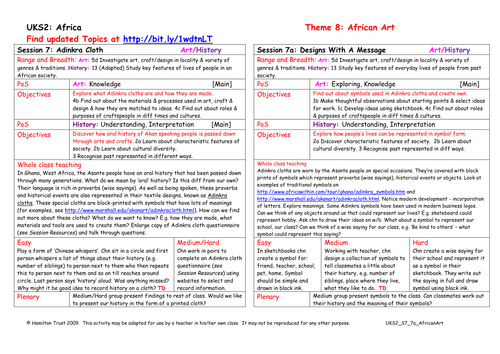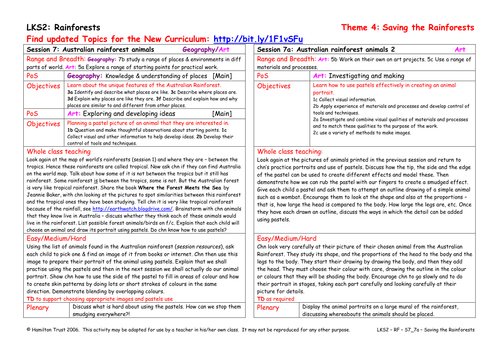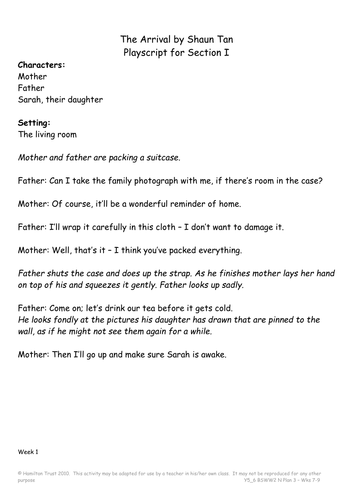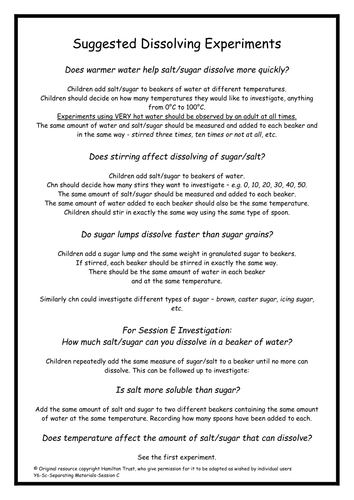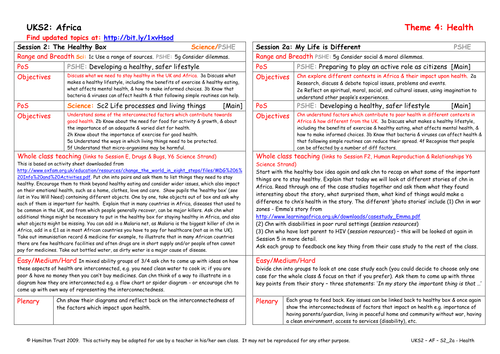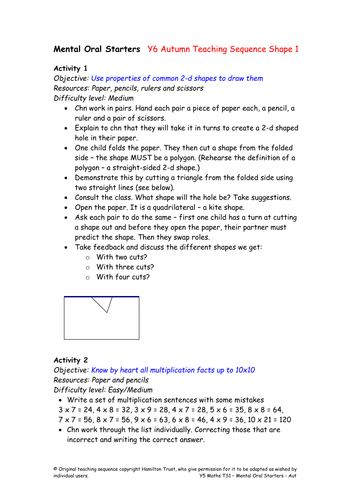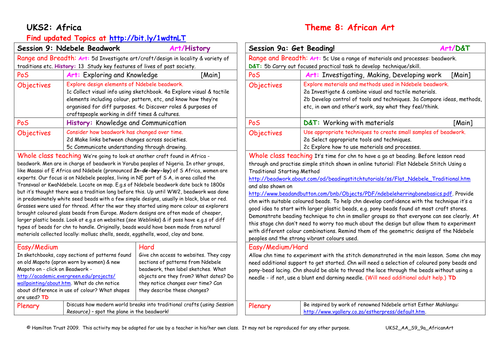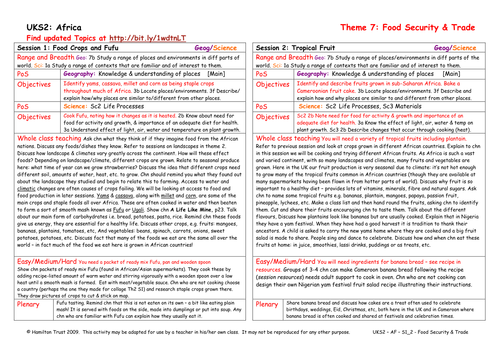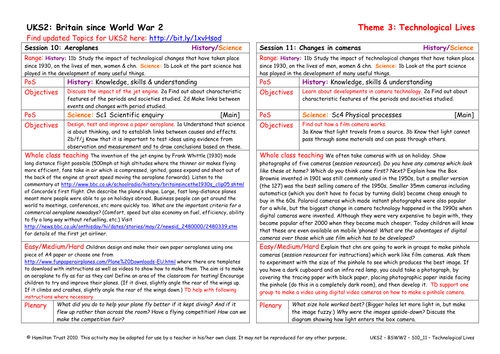
397Uploads
10041k+Views
11644k+Downloads
All resources

HIV: Kishe’s Story
Return to MDG 6, and focus on HIV and AIDS. Children read a story of a young orphan, Kishe, and reflect on her life story and the wider impact of HIV across generations.
Suitable for years 5 and 6.

Plant doctors
The Plant Drs are on call in this session & two very ill patients have arrived! What do they need to recover? Children revise the ideal conditions for plant growth é use them to watch the plants recover using time lapse photography. Suitable for Y6 pupils.

Present and Future Technology
Children discuss what technologies could be displayed in a 2012 exhibition in a similar way to the Festival of Britain in 1951, and then at a similar event in 3012.

Paper investigation
Children will plan and carry out an investigation about paper in small groups or pairs, testing questions they have thought of themselves. They will select the equipment and have a go at explaining results and drawing conclusions.
Suitable for Y3 pupils.

Soil
Time to get down and dirty! Children bring in soil samples from home and carry out a simple experiment to separate it into layers. This is followed by an experiment to test soil quality before finding out that some plants don’t need soil at all!
Suitable for Y5/6 pupils.

Conflicting viewpoints about deforestation
There are two sides to every argument! In this session children take on roles on opposing sides of the deforestation argument. Children create simple freeze frames and sketches to put points across.

Maths Y2 Autumn Teaching Sequence 3
Number facts to 20, equality [3 days].
Children revise partitioning pairs up to and including ten, then 20, recording the corresponding addition and subtraction sentences. They use images such as the 20 bead frame and ‘slidy’ box’ cards to reinforce the idea of an empty box in number sentences. They use the idea of equality and the image of the number balance to help them to write number sentences such as 7 + 3 = 6 + 4.

Join The Masquerade
Join the masquerade! African masks often form part of a dramatic performance which incorporates dance and music.
Using African music as inspiration children create simple dance steps to show off their masks.

Shopping Bags
Food was bought locally and regularly in small shops after WW2. Assistants picked and weighed food for you, there was very little packaging as paper bags or your shopping basket were used. Children write a letter to persuade shops not to use plastic bags.

Adinkra Cloth
Moving to West Africa, children explore how history of Asante people has been represented through the craft of block printing Adinkra cloths.
Children use web research to find out about history, techniques and processes involved.

Australian Rainforest Animals 2
In this session children take the image of their Australian Rainforest animal printed in the previous session and use it as a starting point for a pastel picture.

Refugees and human rights weeks 7 - 8
Consider different genres then read a variety of stories about refugees and asylum seekers. Children summarise stories and write sequels and playscripts based on stories they have read.
Finish with a This is Your Life programme for one of the characters.

The Union Flag!
Waving the flag! Using the Olympic timeline the children identify the last four countries and cities to host the Summer Olympic Games. The flag for Great Britain is pulled apart to see which countries make up the Union Jack.

Crossing The Channel
Children discuss ways of crossing the Channel and then make a balloon-powered hovercraft.

Solutions
This session will create quite a stir as the children investigate the factors which affect how some materials dissolve in water. They raise their own questions, devise fair tests and create line graphs to find answers.
Suitable for Y6 pupils.

The Healthy Box
Explore with Children the basis needs to ensure good health, and how they are interconnected using the concept of a ‘healthy box’.
Suitable for years 5 and 6.

Mental Oral Starters :Y6 Aut Sequence S1
Mental and oral starters for Year 6 Autumn Teaching Sequence S1.

Ndebele Beadwork
Zooming in on South Africa, children are introduced to the incredible beadwork of the Ndebele people of KwaNdebele.
Through web images children explore the history of this craft and investigate its key visual elements.

Tropical Fruit
In this session, we identify and describe fruits grown in sub-Saharan Africa. The need for fruit as part of a healthy diet is discussed and children taste some tropical fruits. Children follow a recipe to make Cameroon banana bread.

Changes in Cameras
Children look at cameras from different decades and then make a pinhole camera, experiment to see which size pinhole works best.

